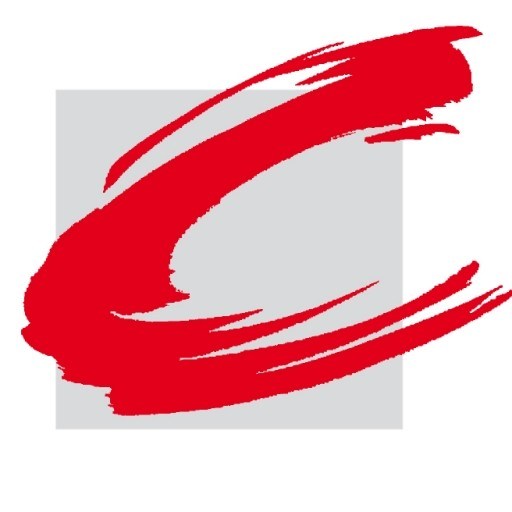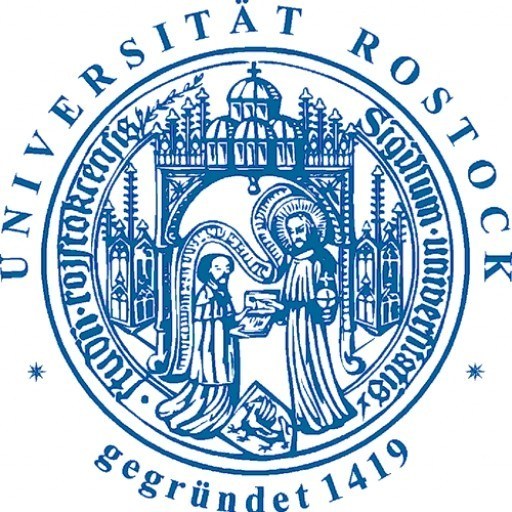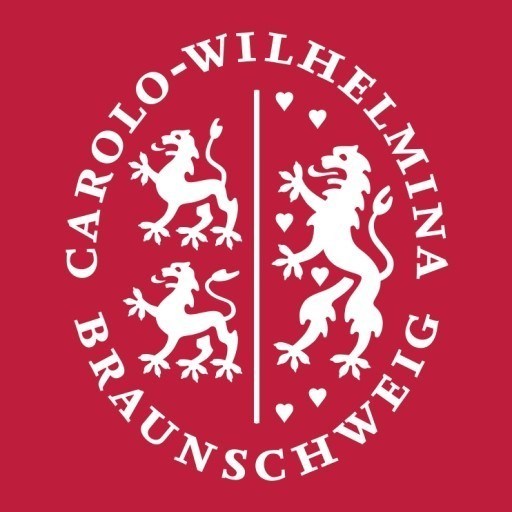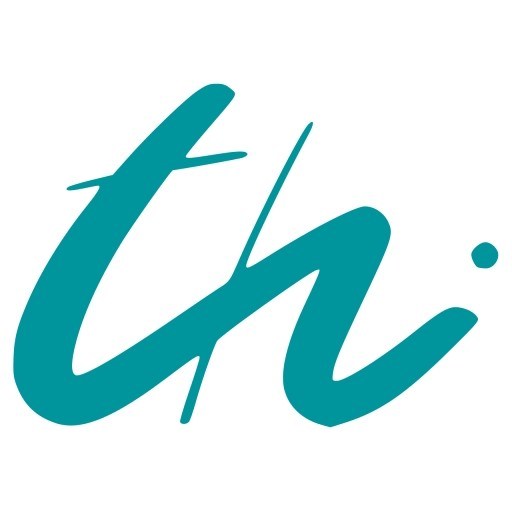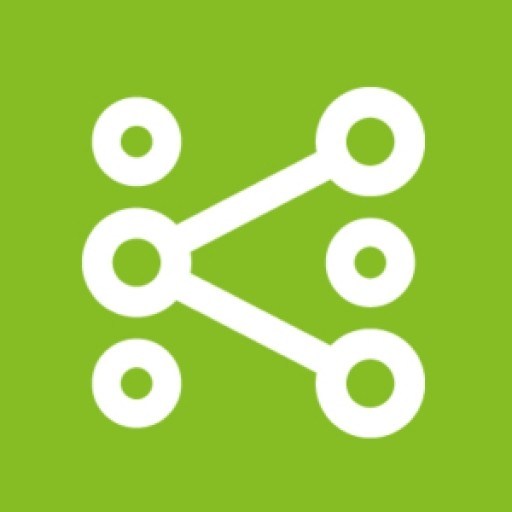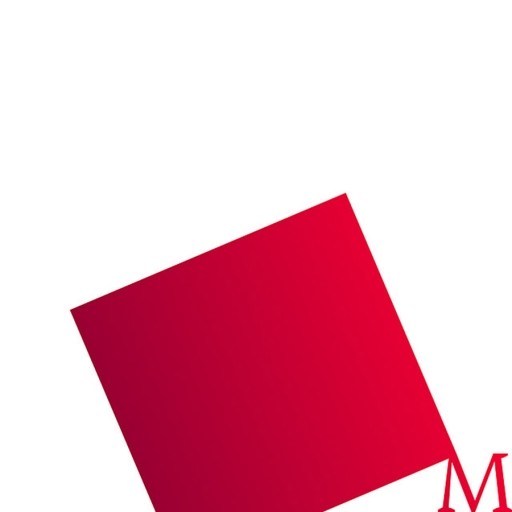Photos of university / #uni_fau
The Bachelor's degree program in Computational Engineering at Friedrich-Alexander University Erlangen-Nuremberg offers students a comprehensive education at the intersection of engineering, computer science, and applied mathematics. This innovative program is designed to equip students with the essential theoretical knowledge and practical skills needed to develop and utilize sophisticated computational methods for solving complex engineering problems across various industries. Throughout the course of study, students engage with core disciplines including mechanical engineering, electrical engineering, computer science, and mathematics, allowing them to gain a multidisciplinary perspective that prepares them for the demands of modern engineering challenges. The curriculum emphasizes numerical analysis, computer simulation, algorithms, data structures, programming languages such as Python, C++, and MATLAB, as well as specialized topics like finite element methods, computational fluid dynamics, and machine learning. Practical components include laboratory work, project-based learning, and collaborations with industry partners, providing students with hands-on experience in designing and implementing computational solutions. The program fosters problem-solving skills, analytical thinking, and innovation, enabling graduates to pursue careers in research and development, software engineering, systems analysis, and engineering consulting. Students also have access to state-of-the-art laboratories, computing resources, and an international academic environment that encourages collaboration and knowledge exchange. With the increasing reliance on digital technologies and computational methods in engineering practice, this program prepares graduates to effectively contribute to technological advancements, optimize engineering processes, and develop sustainable solutions for society’s future needs. Graduates of the program are well-positioned to undertake advanced studies or enter the workforce in roles demanding expertise in computational techniques, systems modeling, and data-driven engineering.
Educational organisation
The Master's programme in Computational Engineering consists of a seminar, the three sections Mathematics, Computer Science and Technical Application Field, and the Master's thesis. There is a standard study plan for each technical application field. Nevertheless, in the Master's programme all modules are elective. Students can choose modules from the module catalogue for the different Master's studies in the Computer Science, Engineering, Applied Mathematics, and Physics Departments.Mathematics [at least 20 ECTS]
Mathematics modules for the Master's programme can be taken from the module catalogue offered by the department of applied mathematics and from the different departments of the School of Engineering. The modules must have a mathematical orientation.
Computer Science [at least 20 ECTS]
The student can select modules offered by the Computer Science Chairs for the Master's programme in computer science.
Technical Application Field (TAF) [at least 20 ECTS]
In this section, the student can select modules from all Master's programmes offered by the School of Engineering. The only exceptions are modules from the Department of Computer Science.
[25 ECTS can be chosen individually from Mathematics, Computer Science or the Technical Application Field.]
Seminar [5 ECTS]
The seminar is part of one of the elective subjects mentioned above. Therefore, students can take a seminar of a Master's programme from the Department of Computer Science, the Department of Applied Mathematics or a department of the School of Engineering related to the technical application field.
Master's Thesis [30 ECTS]
The Master's thesis can be registered as soon as the student has successfully collected 70 ECTS credit points. It has a time frame of around 810 hours and has to be completed within six months of registration. The topic of the thesis must be related to subjects studied by the student during the Master's programme. A special thesis adviser is usually assigned to each student. The thesis may involve regular meetings with the thesis adviser and also participation in a larger research group. It can be written in English. An oral presentation of the results of about 30 minutes as well as a consecutive discussion are obligatory.
Study abroad unit(s)
Study abroad units in the CE programme are possible but not mandatory.Forms of assessment
- Written exams
- oral exams
- papers
- reports about practical training units
Course objectives
Demand:Graduates of the Master's programme have excellent job prospects. With the double qualification in computer science and in engineering, graduates can be employed in both of these areas. In the Master's programme, subjects may be given more breadth and depth, so that students can be introduced to current topics in academic or industrial research.
International Orientation:
The programme complies with the internationally accepted Bachelor's/Master's structure. The majority of the courses in the Master's programme are in English, thus making it attractive for foreign students who do not speak German. The possibility of studying abroad is additionally enhanced by the programme's compatibility with the Anglo-American university system.
Interdisciplinarity:
Computational Engineering is an interdisciplinary field. The programme includes computer science, applied mathematics and an engineering field (TAF). Courses given jointly by faculty members from more than one department encourage interdisciplinary work.
Flexibility:
The integration of many different special fields requires a flexible organisation of the study plans. Following the Anglo-American pattern, students are encouraged to choose an individualised study plan from a wide selection of fields to suit their individual interests. The programme is modular, as defined by the examination regulations.
Language requirements
Proficiency in English (TOEFL paper-based test score of at least 560 or equivalent) is required.Academic requirements
Bachelor's degree in computer science (with a technical emphasis) or in an engineering discipline (with some computer experience), with a strong background in applied mathematics.You can apply, if...
- in mathematics, you have at least one university course from PDE, ODE, functional analysis, numerics, optimisation, or statistics, besides the engineering mathematics courses
- in computer science, you have either...
- ...more than 1,000 hours of experience with programming in languages like C, C++, Fortran, Java, or Python OR
- ...more than two university courses in computer science in the fields data structures and algorithms, programming, theoretical or technical computer science
Enrolment fees
The contribution to student services currently amounts to 42 EUR per semester. An additional charge of 65 EUR per semester covers the mandatory basic "semester ticket", a transit pass that provides students with unlimited access to public transport in the metropolitan region of Nuremberg from 7pm to 6am on weekdays and at all times at weekends. (For an additional optional charge, the validity of the pass can be extended to 24 hours a day, seven days a week.)Costs of living
The cost of living can only be approximated very generally, as the needs and living conditions of every student are different.Rent: 250-600 EUR per month
Health insurance, doctor, medicine: approximately 70 EUR per month
Food: approximately 165 EUR per month
Study materials: approximately 30 EUR per month (depending on the subject)
Transport: minimum 65 EUR per semester
Student services: 42 EUR per semester
For more information, see: http://www.fau.eu/study/prospective-students/financing-your-studies/costs-of-studying
General information on the average cost of living in Germany is available online: http://www.internationale-studierende.de/en/prepare_your_studies/financing/costs_of_living
Funding opportunities within the university
The Central Office for International Affairs offers scholarships from Bavarian state funding to allow highly qualified international students in Master's, "Diplom", and State Exam degree courses to complete their degrees. Recipients receive about 300 EUR during the last three to four months of their studies.https://www.fau.eu/international/international-applicants/bachelors-masters-state-examinations/during-your-studies/scholarships-for-international-students-about-to-graduate/
Arrival support
- Support in finding accommodation
- help with enrolment
- introduction to FAU with information about the Master's programme and the university system
- help and support in finding the right insurance, opening a bank account, and registration
- provide information about the medical system in Germany and the right medical contacts in Erlangen and Nuremberg
Services and support for international students
The Student Advice and Career Service (IBZ) will provide you with detailed information on all important topics relating to your studies (study courses, subject combinations, application requirements, support with organising your study programme and complying with all assessment/examination requirements) and on settling in at the beginning of the semester (coping with particular difficulties, changing subjects or suspending studies). For more information, see http://www.fau.eu/study/prospective-students/student-advice.The Career Service of FAU will provide you with information on career opportunities and the specifics of an application procedure in Germany. For information, see: http://www.fau.eu/study/current-students/career-service.
The Student Service Centres (SSC) and student advisers in the faculties will provide you with further advice on your particular course of study. Programme coordinators organise subject-related orientation events and guide you through the entire study period.
The Central Office for International Affairs (RIA) will provide you with detailed information on accommodation, visa issues, and scholarship possibilities. In cooperation with the IBZ, it also organises information events and general orientation courses for first-semester-students.
See: http://www.fau.eu/international/international-applicants.
The Alumni network provides students with many topics and events for professional advancement. See: http://www.fau.eu/alumni.
Accommodation
Erlangen and Nuremberg are attractive cities with a historic flair and modern infrastructure. Therefore, the housing market is quite tight. FAU will do its best to assist new students in finding accommodation.Student halls in Erlangen and Nuremberg can only provide accommodation for a small number of students. Another option is the private housing market. If you extend your search to neighbouring towns, such as Fürth and Forchheim, your choice of accommodation is much larger and rents are lower, while the well-developed local public transport system ensures that you're never far away from the university. In addition, there is the option to sublet a room, or you can share a flat with other students. This option not only saves you money but also helps you settle in quickly and make friends in your new home. You can find information to help with your housing search on specialised websites and the university's notice boards.
Detailed information on finding accommodation is available at http://www.fau.eu/international/international-applicants/important-information.
If you need further assistance, you can also turn to the Accommodation Service of the Central Office for International Affairs (RIA). E-mail: accommodation@fau.de.


